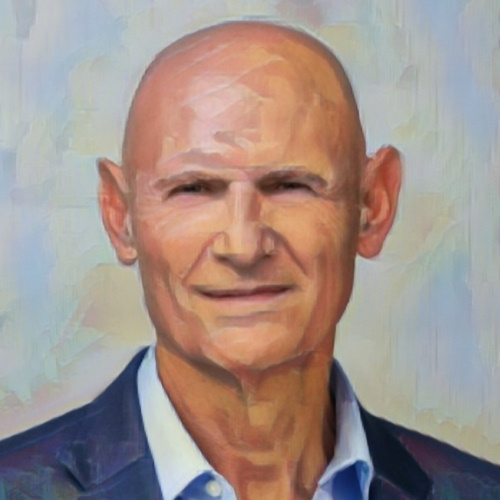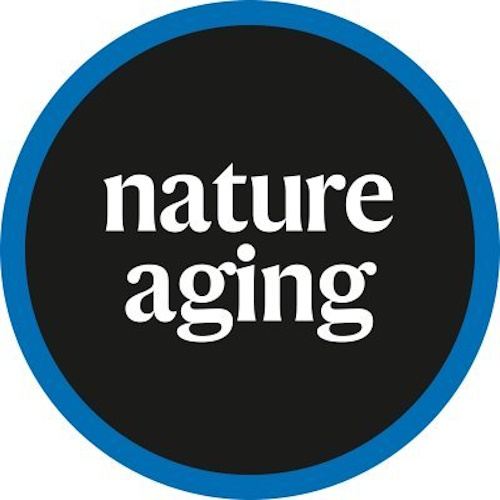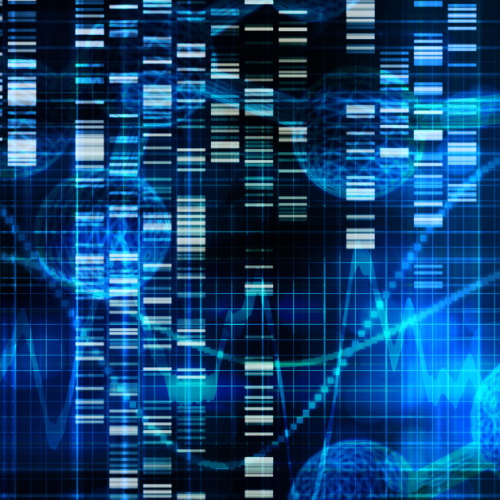Key points from article :
Mice treated with Yamanaka factors resembled younger animals, showing signs of rejuvenation.
Rejuvenation was more effective with long-term therapy (7-10 months) in animals aged 12-15 months (~ human aged 35-50 years).
Noticed little impact in older animals (~ humans aged 80 years) when treated for 1 month.
Findings fuel interest in new therapies that aim to slow/reverse ageing process in humans.
Previously, Yamanaka factors converted fully reprogrammed cells into clumps of cancerous tissue
Partial reprogramming may rejuvenate tissues without risks.
Scientists suspect new drugs will be needed to partially reprogram cells safely and effectively.
Researchers are working on timing, dosage and combinations of Yamanaka factors to minimise cancer risk.
First applications will likely be in tissue that is easily accessible and can be modified outside the body, like blood stem cells.
Study by Salk Institute and Altos Institute, led by Heinrich Jasper & Juan Carlos Izpisua Belmonte, published in Nature Aging.








